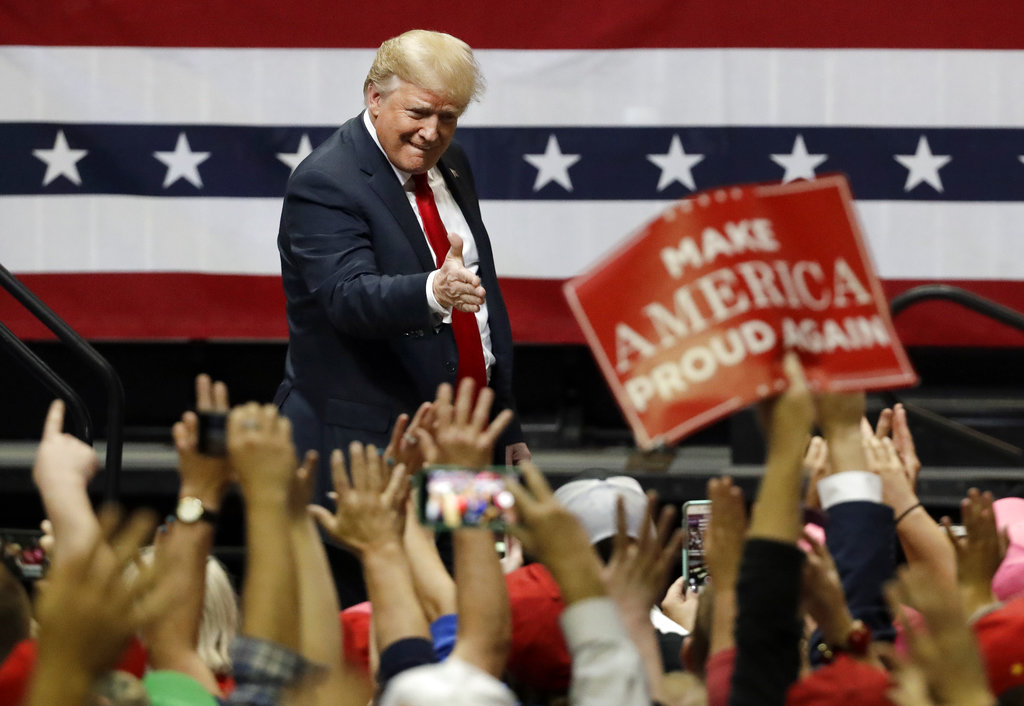They were born after their parents' protests brought down the shah of Iran in 1979, when enthusiasm gave way to the hard years of US-led isolation and a bloody, eight-year war with Iraq.
Iran's "revolution babies" are a major force in the country today, in the wake of the overthrow of Shah Mohammad Reza Pahlavi and the creation of the Islamic Republic, now marking its 40th anniversary.
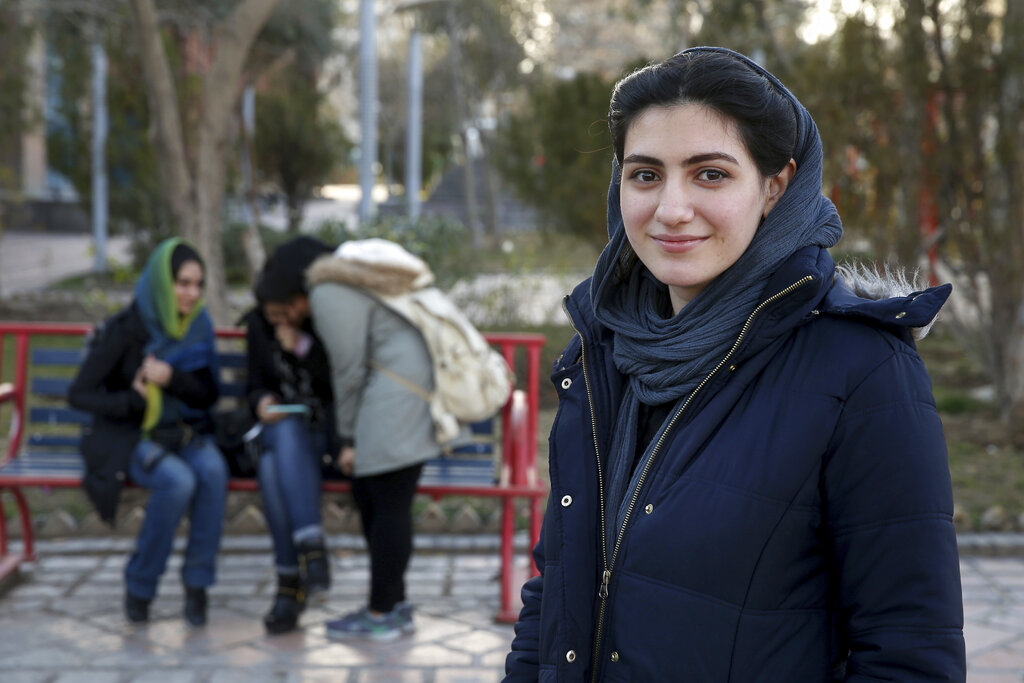
Kimia Zakeri, a 20-year-old graphic design student, is among the many "revolution babies" who grew up after a bloody war in the 1980s that Iraq launched against Iran and saw 1 million killed. "The economic situation is very bad. My father went to the war and was wounded in action, he was ready to sacrifice his life, and he loved Imam (Ayatollah Ruhollah Khomeini)," said Zakeri. "You can't have any fun or buy anything. You just have to make ends meet so that you can breathe and survive." AP
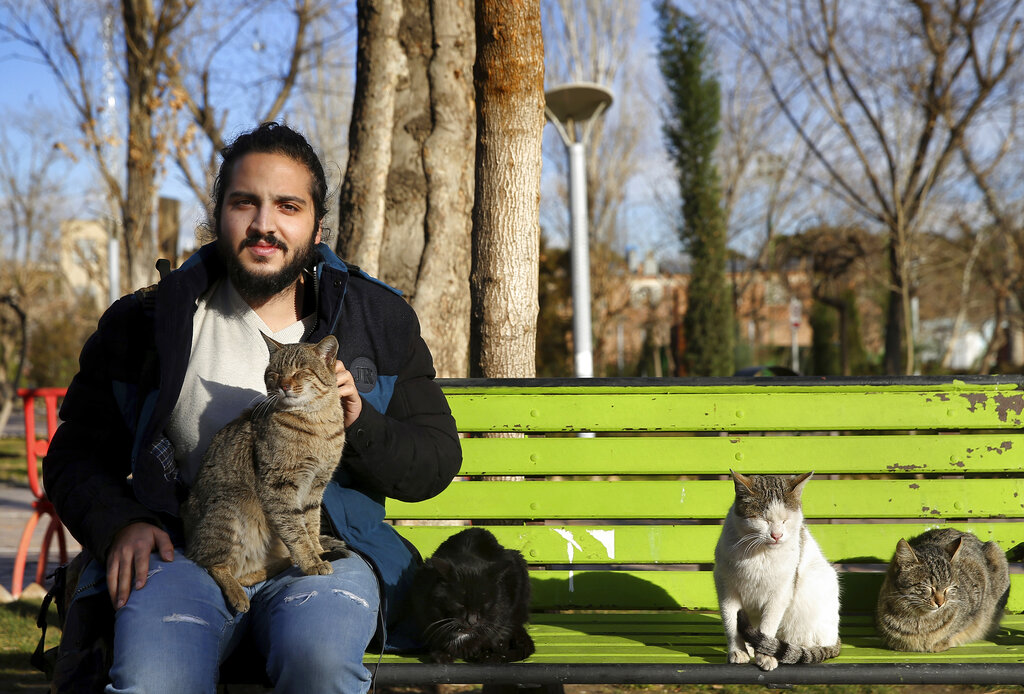
Farzad Farahani, a 22-year-old university student, believes he had the right goals. "We had demands and still think those demands were fair, but the revolution failed to fully realise our demands." Besides installing the Shiite theocracy that governs today, the Islamic Revolution touted independence from both the West and the East. It also came with a host of plans pushed by the Leftists who joined forces with Iran's clergy, including economic development, education and social justice. AP
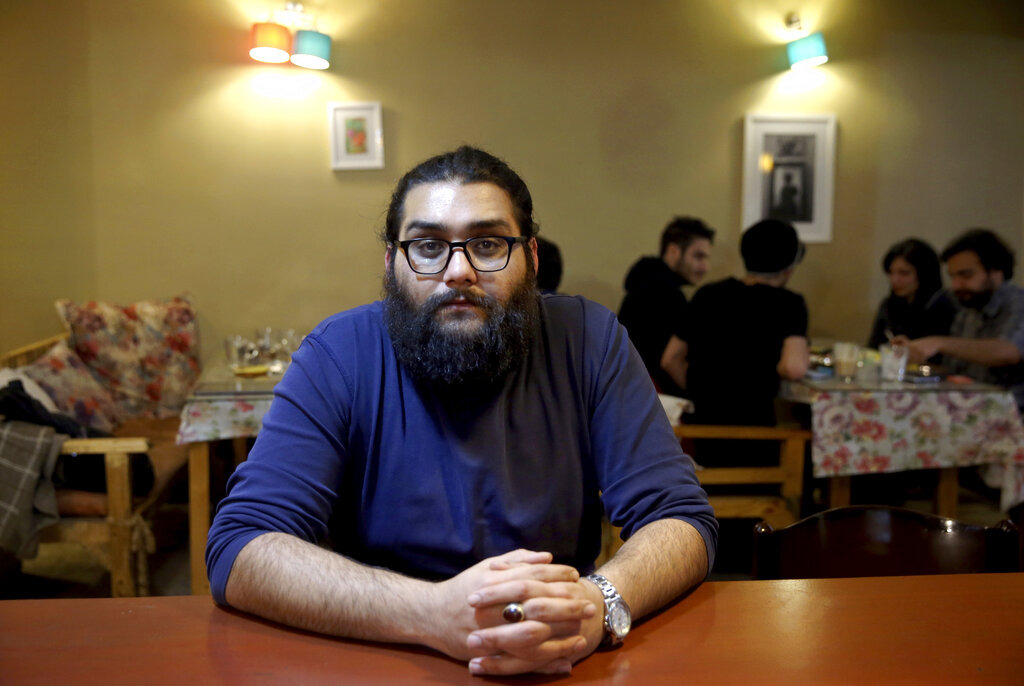
Ali Ghorbankhani is a 30-year-old artist and cafe waiter. More than half of Iran's 80 million people are under 35, and all of them deal with the legacy of the uprising, especially as the country struggles anew under re-imposed US economic sanctions after President Donald Trump pulled Washington out of Tehran's nuclear agreement with world powers last year. AP
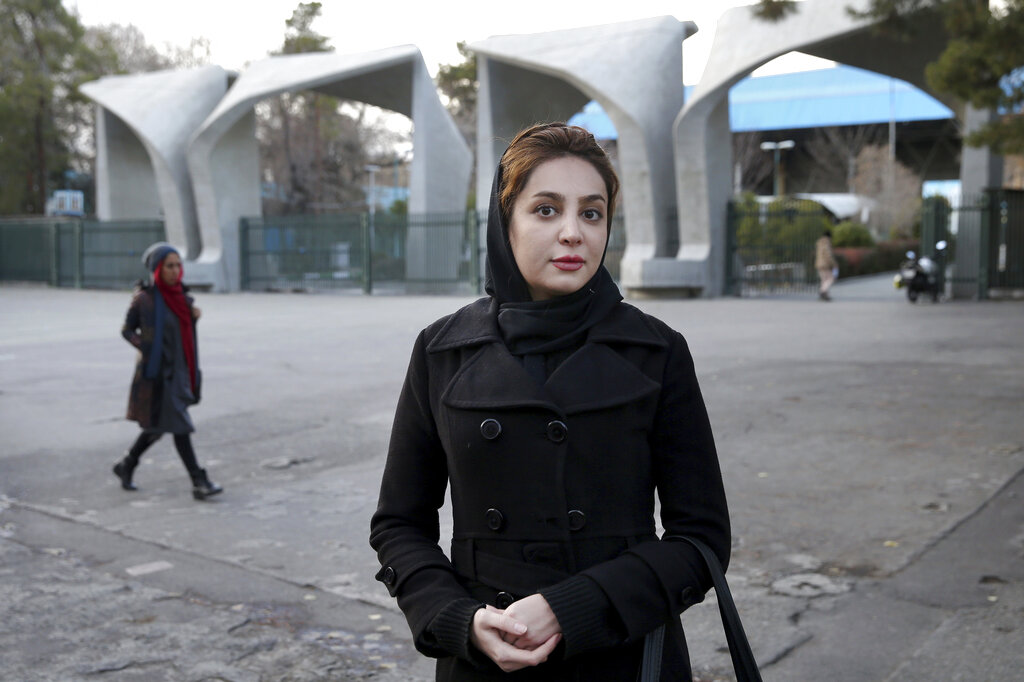
Mania Filum, a 27-year-old university student, said the revolution did produce more educated Iranians, but now she and her friends are determined to leave if there’s an opportunity abroad. "Everybody plans to win funds for PhDs and leave Iran," Filum said. "Those who are staying, it's because they have rich daddies, or dads that own factories or good jobs. They can have a job and have a stable situation." AP
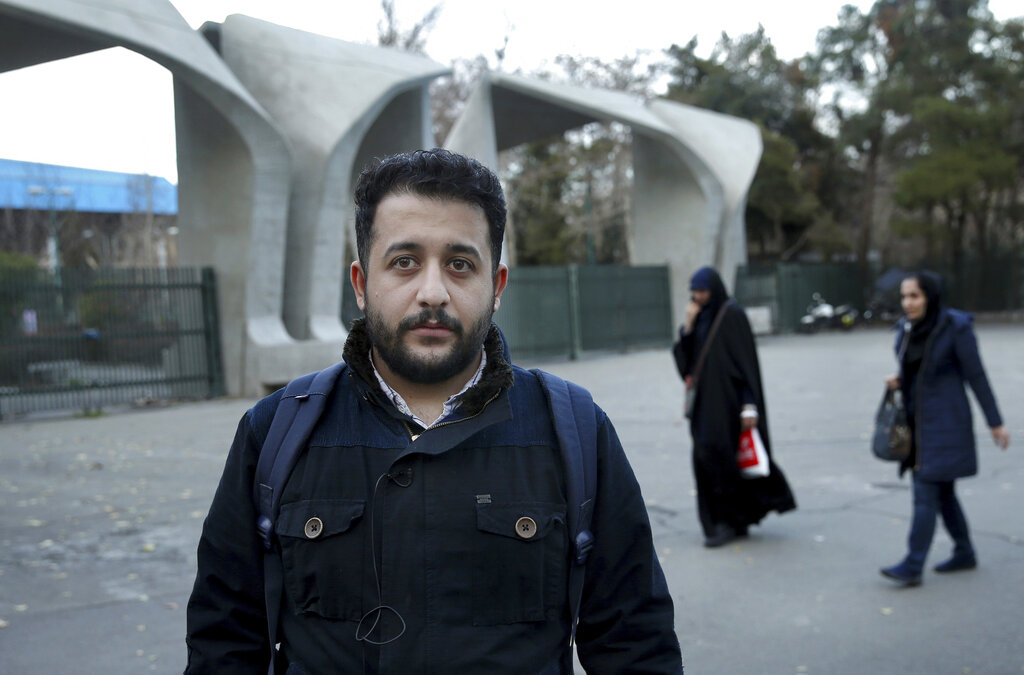
Dentistry student Shayan Momeni blames Iran’s current problems on the US. "It mostly doesn't have anything to do with the revolution. It's mostly America's muscle-flexing," the a 27-year-old said. "America likes to dominate the Middle East, but it can't achieve that. Now it's struggling to bring us to our knees, but it hasn't succeeded." AP


